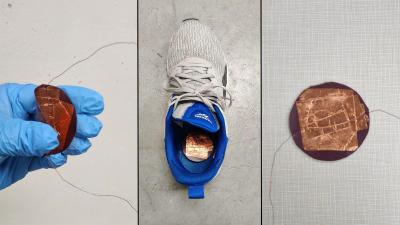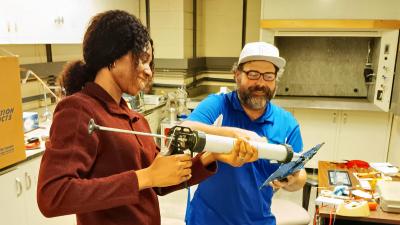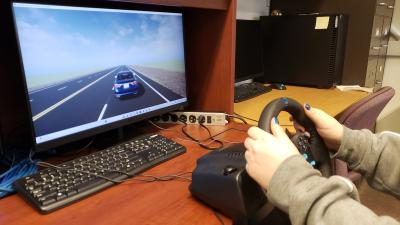RPI Researchers Part of NSF-Funded Engineering Research Center Focused on U.S. Rubber Industry
Rensselaer Polytechnic Institute (RPI) researchers are part of a multi-institution team working to bring rubber production to the United States and better secure the supply chain for this critical material.





